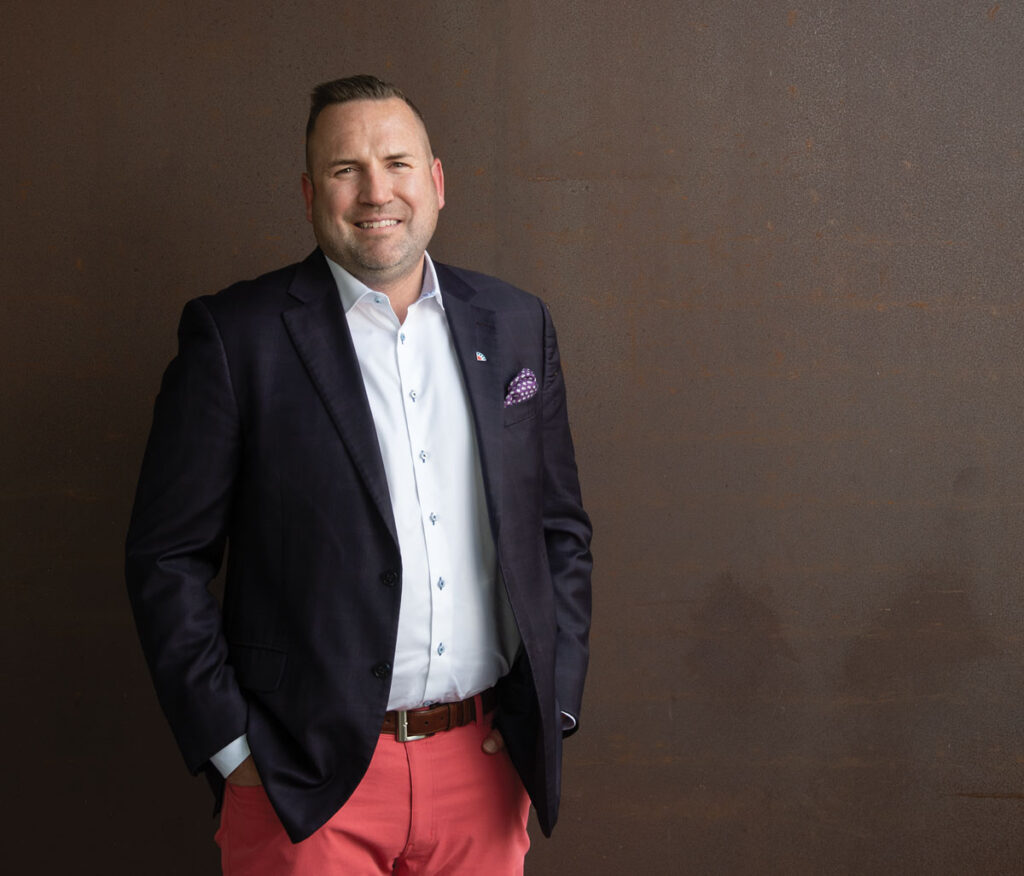Group hopes to light some ‘dry powder’
Adam Claypool is ready to bring deal makers to the table.
He’s aiming for people who have capital at the ready – dry powder, some call it – and are willing to invest in Iowa companies sooner rather than later.
That sounds good, but to private investors, the thought of dropping a big bundle on unproven businesses is a little like burning that powder in the middle of a field. It creates a nice flash, but has little lasting effect.
Claypool knows a thing or two about drawing capital into deals. He is the managing director of DeWaay Investment Banking, which has connected more than a few businesses with eager investors.
But Claypool said there is a niche to fill in connecting investors with Iowa companies in need of cash. Using the social network Linked-In as a platform, he formed Capital Connections Iowa, an organization that is in its formative stages but that he hopes will provide a way for investors and companies to find one another.
For now, Claypool is teaming up with other people who are active in what they call the “entrepreneurial ecosystem.”
One of those people is Doug Lewis, who oversees entrepreneurial development at the Iowa Department of Economic Development.
“I think that it’s an opportunity for investors and investment groups to begin a dialogue where they get to know each other and work together on potential deals,” Lewis said.
There has been a dialogue, of sorts, primarily carried out within various regions of the state; investors in Northern Iowa, for example, provide financing for businesses in Northern Iowa.
“We need to bring the regional groups together,” said Christopher Sackett, an attorney with the BrownWinick law firm who specializes in business and corporate law. “It’s not that they are unwilling; it’s just that they don’t work together.”
Many of the regional groups have yet to experience a financial return on their initial investments. That means money is not available for additional rounds of financing. In addition, few can meet the hefty capital needs of some companies.
Sackett is one of the early members of Capital Connections Iowa. He said the Iowa Department of Economic Development and the Technology Association of Iowa have nurtured an entrepreneurial spirit. The problem is, that spirit is having trouble getting access to financial nurturing.
And the issue for businesses, start-ups in particular, is that their challenges go beyond financing.
They need access to management talent, they need tax advice, they need to know how to structure their finances and their business entity, and they need to locate service providers, Sackett said.
As for the investors – which can be individuals, private equity groups, venture capitalists or seasoned angel investors – they are known within their circle, but not beyond.
“Iowa is small enough that there is a lot of familiarity among players,” Sackett said.
And, Claypool said, just making a list of potential investors available to businesses “isn’t good enough.”
“We want investors who are ready to invest right now in Iowa companies,” he said.
Claypool’s research has shown that on a national level, private investors are getting restless. The level of deal activity in recent months indicates that they are looking for investment opportunities.
Young businesses, on the other hand, also can get jittery feet, and might consider relocating to the East and West coasts, where firms and individuals willing to invest in businesses carry a higher profile.
“In Santa Barbara, New York City, St. Louis, those sources are immediately identifiable; that’s not so here,” Claypool said.
So far, Capital Connections Iowa counts 24 venture capital and private equity funds as members, with six of those funds being located in California, Illinois, Minnesota, Missouri, New Mexico and New York.
“Importing capital to the state is important,” Claypool said.











